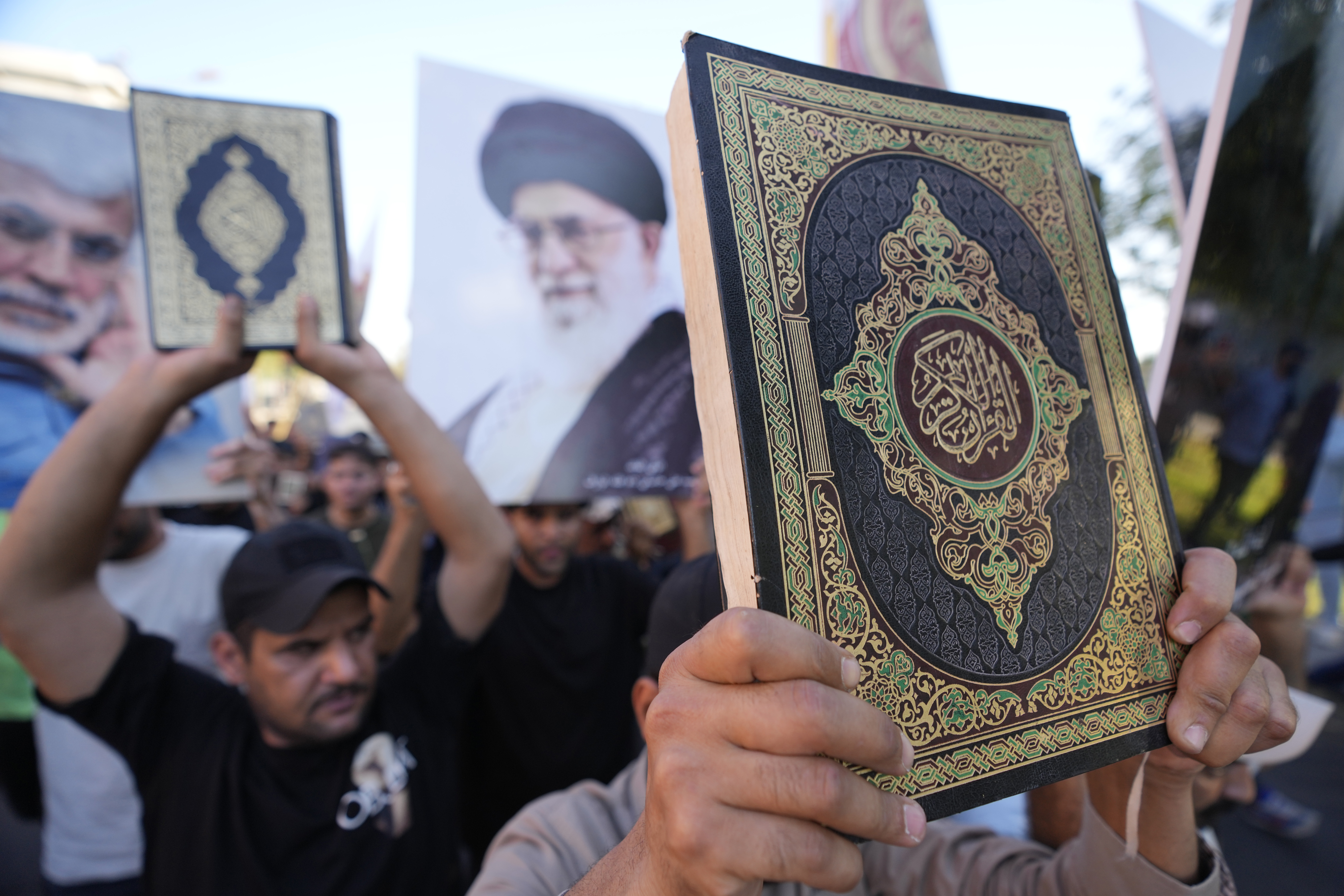The Swedish government is expected to ramp up border controls with other European nations later this week in light of a deteriorating security situation which Prime Minister Ulf Kristersson has warned is the most serious in the country’s recent history.
“Persons with very weak connections to Sweden should not be able to come to Sweden to commit crimes or to act in conflict with Swedish security interests,” Kristersson told a press conference on Tuesday.
His remarks followed a social media post from Sunday in which he warned the country is facing its “most serious security situation since World War II.”
“The inner border controls enable us to identify incoming travelers that can threaten our security,” added Minister of Justice Gunnar Strömmer.
Sweden has outraged much of the Islamic world after a number of demonstrations in the capital of Stockholm this year have led to the burning of the Quran. The Swedish government now fears reprisal from Muslims incensed by the country permitting such protests, which it has insisted until now are consistent with freedom of expression.
[pp id=64705]
“Today, we are very vulnerable if, for example, a state actor acts through bullies in Sweden to damage our security interests,” Strömmer told journalists.
Swedish police have been tasked with intensifying internal border controls, which relate to border crossings between other European nations signed up to the passport-free Schengen Area throughout the European Union and participating EEA nations.
A decision on whether to proceed with more restrictions is expected to be announced on Thursday.
Strömmer also used the press conference to explain a number of new security measures due to enter into force on Tuesday, which will give police additional powers.
“This means that the police will have an increased opportunity to carry out body searches, search vehicles and (ask for) ID documents. The aim is to strengthen the police’s work and prevent threats to internal security,” he stated.
[pp id=84252]
The recent Quran burnings have been conducted by an array of individuals, including a Danish-Swedish fringe politician named Rasmus Paludan and Christian Iraqi refugees, while anti-NATO campaigners also applied for a permit to burn the Islamic holy book in a bid to derail the country’s application to join the U.S.-led defense alliance.
Several Islamic nations reacted angrily to the stunts, including in the Iraqi capital of Baghdad, where the Swedish embassy was stormed and set alight by protesters, and in Pakistan, where mass street protests took place against the Swedish government. Other nations in the Middle East introduced boycotts on Swedish goods, while Kuwait ordered the translation and delivery of 100,000 Swedish-language Qurans to schools and libraries across the Scandinavian country.






